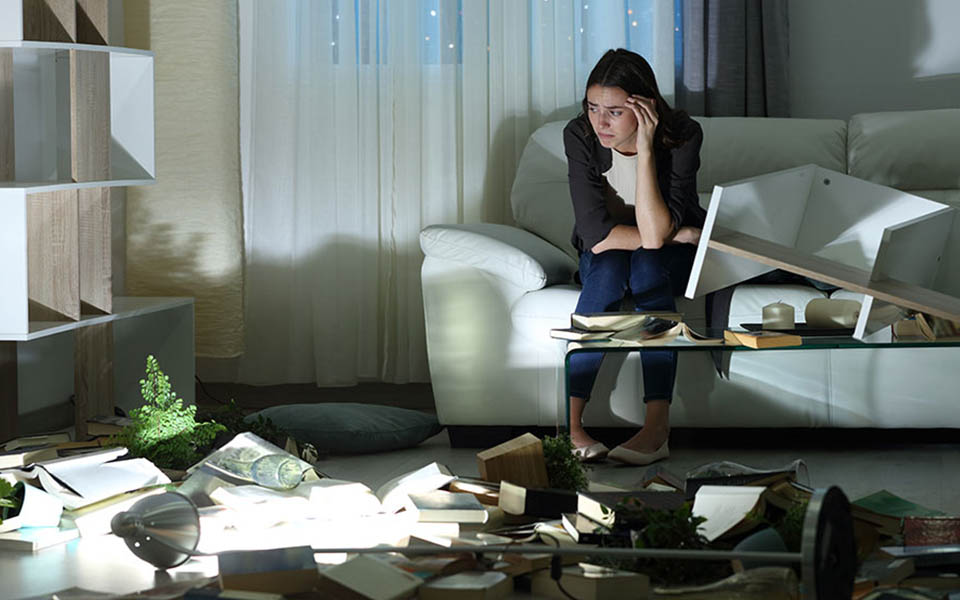You may think your vacation rental property is safe, but do your renters share that view? Taking some short-term rental safety tips can go a long way in helping your guests feel secure and comfortable when they stay at your property. Besides making your guests feel safer, these actions can also help limit your liability risk if something unexpected does occur.
Check out our top ways you can help your renters feel safe during their stays and keep liability claims at bay in the process.
Provide Local Emergency Contact Information
When vacationing away from home, most people know they can call 911 for emergencies, but are likely not familiar enough with the area to know where to find non-emergency medical care. Create a list providing the names, addresses and phone numbers for nearby hospitals and urgent care clinics. Consider adding your contact information to the list too, as the owner or property manager, to be notified in case something goes wrong during a renter’s stay.
Have Easy Access to a First Aid Kit
Keep at least one basic first-aid kit on hand, and make sure it is stocked with gauze, bandages and absorbent dressings in different sizes, a non-mercury thermometer, antiseptic wipes, adhesive cloth tape, scissors, tweezers, a cold compress and ointment packets. Keep your First Aid Kit in an easily accessed spot, like on top of the fridge, on a kitchen counter or under the bathroom sink. Mention its location in the step-by-step instructions that you also provide to your visitors.
Pay Attention to Lighting
Nobody likes staying in a dark, creepy house, especially when arriving late at night. Adding the right kind of lighting can make a world of difference in helping renters feel safe and comfortable on your property. Make sure outdoor lighting is adequate, and that bulbs are replaced regularly. Some property owners and managers choose LED lights on timers or motion-sensor lighting for added security and ease for guests arriving or leaving in the dark.
Don’t Forget the Fire Extinguisher
Your rental property should have at least one fire extinguisher and instructions on how to operate it. Place them wherever needed throughout the property, especially near higher-risk spaces like the kitchen, fireplaces, fire pits and outdoor grilling areas.
Install Carbon Monoxide and Smoke Detectors
Make sure your rental property has at least one smoke detector in each bedroom and hallways on each level, as well as a CO2 detector on each floor. Consider installing smoke detectors with flashing lights for the hearing impaired. No matter what type of detectors you install, replace batteries and check devices regularly to ensure they are functioning correctly.
Accessible Entrances and Exits
If a fire or other interior emergency occurs, your guests will need to be able to get out of the rental property quickly. Make sure paths to all entrances and exits are clear and accessible, and a secondary form of egress, such as an escape ladder, is provided for third-stories and higher.
Install Deadbolts or Smart Locks
Your renters will feel safer if your property has a deadbolt lock or other smart locks on each exterior door. Windows should also lock securely.
Provide a Safe for Guests’ Valuables
Consider providing a small safe your guests can use to store their electronics and other valuables when they’re out exploring the area.
Safety Goes a Long Way Toward Creating a Positive Guest Experience
Vacation rental property owners don’t need to take drastic measures or spend a lot of money to provide safe rentals. These small actions can go a long way in protecting both renters and owners. To learn more about how to make renters feel safe in a rental property and to request a free quote to cover your property with vacation rental insurance through CBIZ, request a consultation with a CBIZ vacation rental insurance expert today.
This blog may contain scenarios that are provided as examples only. Coverage is subject to the terms, conditions and exclusions of the policy issued. The information provided is general in nature and may be affected by changes in law or the interpretation of such laws. The reader is advised to contact a professional prior to taking any action based upon this information.

